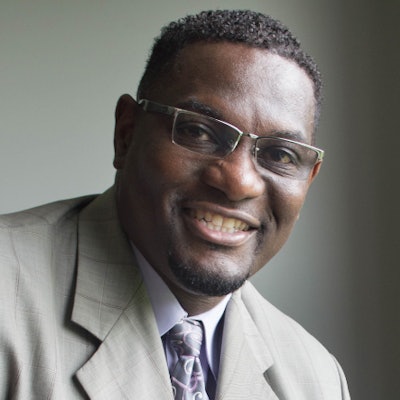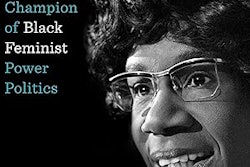After reading the article “Another Education Fight Over DEI Emerges…” on CNN.com, a daunting thought came over me. Some faculty in Texas may not be expected to demonstrate proficiency in knowledge transfer. This leaves in question whether it is considered a bona fide qualification or a valued skill. The article seems to make clear that incorporating a DEI statement into the application folio of faculty is not considered necessary. Moreso, it is regarded as an illegal practice in Texas. Knowledge transfer, i.e., intellectual accountability, is a critical component of academic excellence. Devaluing this as a skill can potentially adversely impact any institution’s diversity agenda.
 Dr. Ken Coopwood Sr.
Dr. Ken Coopwood Sr.
In fairness, incorporating a DEI statement can cause a significant issue of subjectivity when no criteria are established to measure what is extracted from the statement. But it’s a start. Still, standards must first exist. Otherwise, a person who states, “I treat all my students the same,” could be rejected for another who writes three pages of believable fluff. Moreover, a DEI statement can be considered an extension of a “philosophy” statement, which many faculty are familiar with and likely have for interviewing purposes. Perhaps the most important issue to think about is that a DEI statement cannot indicate whether a potential faculty harbors skill at knowledge transfer. Summarily, such DEI inquiry should help detect demonstrated achievement at transferring knowledge, engaging in advocacy, and impacting relevant change in human behavior across diverse groups. Some faculty speak to this in their philosophy statements. Still, it’s nearly impossible to gauge any breadth or depth in someone’s statement without criteria, a rubric, or some mechanism to weigh it against.
The article states that “faculty and students have to judge us by our actions” regarding support to their person and environment. Unfortunately, it seems that the “action” is to question the result of incorporating a DEI statement instead of advancing the merit of the practice, which is historically in line with the foundation of the academy – inquiry. Knowing how a person views the responsibility of knowledge transfer is essential. No amount of disciplinary knowledge will nullify the adverse impact of not learning to teach it to others.
The academy is supposed to enhance student and constituent out-of-classroom experiences. How can faculty with demonstrated instruction to 21st Century students improve our classrooms? How can an institution discern when opportunity, activity, and integration to readdress the mono-cultural instructional histories of its faculty is needed? How can more underrepresented students achieve A-level academic success in STEM disciplines? Classroom discourse should aid in managing the multiple stages of student identity development while promoting the conception of a global society. It should empower the student to apply the discipline freely and skillfully across racial, ethnic, social, economic, and cultural lines. This social justice mandate begs the question: Why would any institution want to hire a faculty person who can’t demonstrate the capacity to instruct at this level? Again, asking for a DEI statement is a start, however subjective, and needs to be supported to strengthen the practice for alignment with an institution’s diversity mission and vision. Calling it “illegal” and inferring that an inquiry practice is synonymous with “dogma” vetting is an illusion that suggests collaborative and malicious intent by diversity executives, professionals, and supporters.
I’ve learned from 30 years in higher education that transformative DEI initiatives are refined with technologies, information, education, and collaborations outside of traditional American educational values. They are grounded in real-life research and practices that celebrate the valor and contributions of people, cultures, and movements that shape the constructs for global atonement.
There is a growing assault on DEI as an opponent of academic excellence instead of as an essential component installed throughout the academy. I applaud and support Paulette Granberry Russell , president of the National Association of Diversity Officers in Higher Education, for speaking directly on the issue. I urge other national organizations to do the same. The DEI statement insertion into faculty interview folios is an overdue starting point. Still, the pressure is already mounting to make it a completed journey. There’s more to do, lest the assault on DEI results in a higher education that is more of a business rather than a human development infrastructure.
Dr. Ken Coopwood is the CEO of Coopwood Diversity Leadership & Education Universal LLC (Coop Di Leu).



















